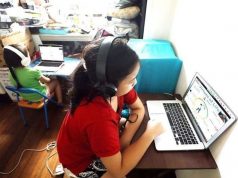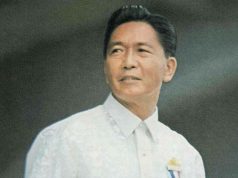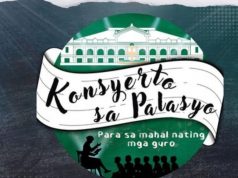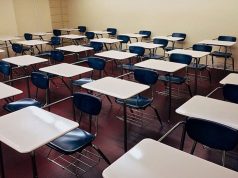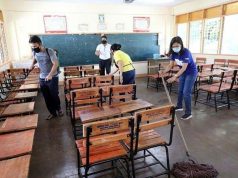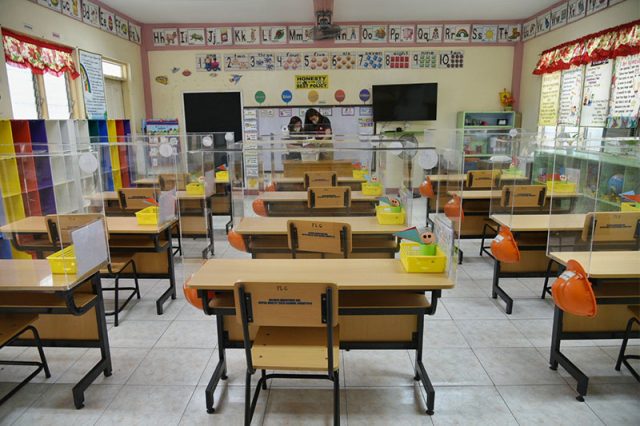
There is a persistent problem with Filipinos not participating in non-electoral political activities, despite the recent May 2022 national and local elections having a record-high turnout of 82.6% or 55.5 million votes.
Three experts on citizenship have offered suggestions for government and non-government actors in the recently held policy forum “Reinforcing Filipino Citizenship through Civic Education” organized by the La Salle Institute of Governance to strengthen current civic education programs.
Information and memorization
Matthew David Ordonez, an assistant professorial lecturer at De La Salle University, observed that disagreements about the nation’s political situation had been attributed to a lack of education.
“It’s either one side is not educated or lacking in information or the capacity to decipher information to the point that even the educated have been seen as elitists with the term ‘Let me educate you,'” he said during the virtual forum.
He cited one of his study’s findings which found his respondents lacked experience with the current system because it focuses too much on information and memorization.
He suggested that the Department of Education and its schools implement programs that allow students to directly participate in politics beyond the classroom and shift the educational focus from information and theory to practical applications to address these issues.
Regular curriculum reviews
Mary Ann De La Vega, associate professor at West Visayas State University, highlighted schools’ role in educating students about life, not just the formal curriculum.
“One of the most fundamental roles of school in our society is to teach and socialize young people on how to be active members of our democratic society,” she said.
She suggested regular curriculum reviews to address students’ political and civic knowledge issues.
De La Vega also emphasized that Higher Educational Institutions should implement a “holistic approach” that includes experiential learning and classroom discussion in addition to voter education.
Participation in policy process
According to Anthony Lawrence Borja, an assistant professorial lecturer at DLSU, the “issue of inaction and political disempowerment among Filipinos” must finally be addressed.
“Most Filipinos are subjectively disempowered; they have deemed themselves as incapable of effectively participating outside of elections,” he said.
He explained that the projection of “objective disempowerment” back onto ordinary citizens reinforces these persistent attitudes.
Borja echoed calls to “expand spaces for engagement” in the policy process.
From the standpoint of political psychology, he also suggested that “democratically oriented local government officials and civil society organizations must generate demand for effective political participation in the policy process.”
The recently conducted forum was the third installment of a series of policy forums that “serve as avenues for the presentation and discussion of policy briefs related to the 2022 polls.”





